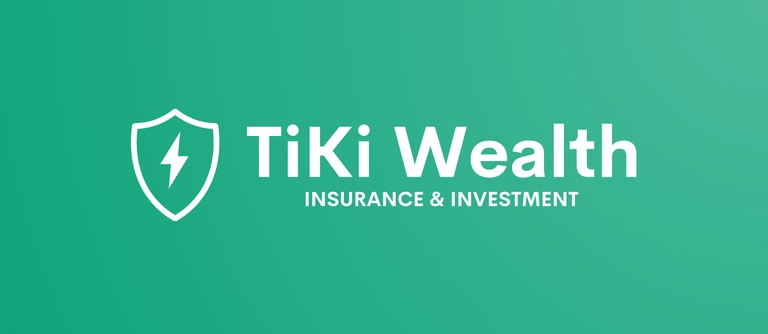Why You Should Start Estate Planning While You're Still Young
Estate planning isn’t just for the elderly. If you’re young, have dependents, investments, or long-term financial goals, estate planning is your first step in protecting your future and the people you care about.
8/2/20253 min read


1. What Is Estate Planning and Why Is It Important?
Estate planning is a set of legal documents that outlines how your assets should be distributed after your death, who will care for your children, and who can make decisions on your behalf if you're incapacitated (due to accident, illness, etc.).
Many young people assume that wills or estate plans are only for older individuals. In reality, if you have any assets—even just a bank account, RRSP, TFSA, or cryptocurrency—you already have an “estate” worth planning for.
More importantly, estate planning isn’t only about death. It’s a proactive way to take control of your finances, show care for your loved ones, and express responsibility—starting today.
2. What Do Young People Need to Plan For?
It might seem far off, but you may already hold more responsibilities and assets than you think:
Investment assets: TFSA, RRSP, crypto, stocks, brokerage accounts
Current income and savings: Salary, emergency funds, dividends
Dependents: Spouse, children, or aging parents
Debts and liabilities: Student loans, mortgage, credit cards
Life or term insurance: Beneficiaries need to be clearly named
Digital assets: Email accounts, social media, crypto wallets...
Without a plan, your estate could be frozen, heavily taxed, or transferred to unintended parties. Ambiguity can also lead to legal, financial, and emotional stress for your loved ones.
3. Key Components of a Solid Estate Plan
a. Will
A will is a legal document that outlines who will inherit your assets after you die, who will care for your minor children, and who will carry out your final wishes.
A valid will helps avoid disputes, reduce legal costs, and speed up asset distribution.
b. Power of Attorney (POA) and Health Care Directive
If you become mentally or physically incapable, a financial POA lets a trusted person manage your finances. A health care POA or medical directive lets them make medical decisions in line with your wishes.
This is crucial—accidents or health issues can happen unexpectedly.
c. Named Beneficiaries for Investment Accounts
For RRSP, TFSA, FHSA, or life insurance policies, you must name official beneficiaries. Failing to do so can result in the funds being included in your general estate—delaying distribution and increasing tax exposure.
d. Digital Asset Management
Your online presence—social media, crypto wallets, cloud storage, emails—has real value. Document access details and designate who should manage or delete these accounts per your preferences.
4. Benefits of Starting Your Estate Plan Early
✔ Protect loved ones—clearly and correctly
An estate plan helps ensure your beneficiaries are well-defined, avoiding family conflict, especially in cases of common-law partners, minor children, or blended families.
✔ Minimize tax when transferring assets
Without a proper plan, your estate may face high capital gains taxes or final return taxes. A good estate strategy helps pass on wealth more efficiently and tax-effectively.
✔ Save time and reduce legal expenses
Without a will or designated representatives, the courts may need to intervene, which can delay the process for months and financially burden your family. A plan reduces stress and unnecessary costs.
✔ Manage risk and preserve your life’s value
Life is unpredictable. A serious illness or accident could leave you unable to manage your affairs. With a POA in place, someone you trust can step in and protect your interests.
5. When Should You Start and What Should You Do?
The best time is now. You don’t need millions in assets to begin estate planning.
Start with:
Creating a basic will
Updating beneficiaries for investment accounts and insurance
Choosing a trusted POA in case of incapacity
Listing and storing login credentials for digital assets securely
Speaking with a financial advisor or estate lawyer to tailor a plan to your situation
Conclusion – Plan Ahead Today for Peace of Mind Tomorrow
Estate planning isn’t a gloomy task—it’s an act of responsibility and care. While you’re still young, healthy, and capable, you have the flexibility to design a clear plan, minimize legal risk, and save significantly on future tax and legal costs.
Smart financial planning doesn’t end with saving and investing. It ends with ensuring the value you’ve built goes to the right people, in the right way.
👉 Reach out to the team at TikiWealth for comprehensive estate and financial planning—customized to your needs and long-term goals.
TikiWealth – Smart Finance for a Stronger Future.
Insurance
© 2025 TiKi Wealth. All rights reserved. In partnership with Experior Financial Group Inc. Privacy Policy Terms of Service Disclaimer
Investment
Other
Subscribe to Our Newsletter
Stay updated with the latest financial news and tips.


